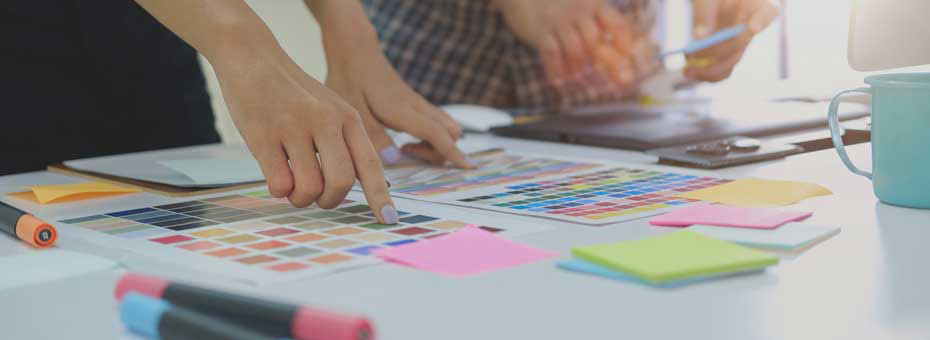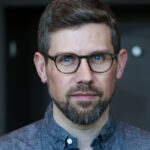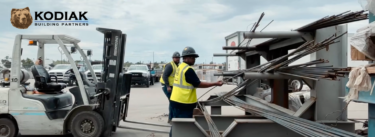“Question everything.” “Seek out the facts.” “Don’t jump to solutions.” “Run an experiment!” Lean thinkers say and hear these mantras all the time. I do. I act on them too. Or so I thought. It’s amazing how many hidden assumptions the crisis is revealing that lead to unexpected consequences. This is so clear when I reflect on the decisions I made just a few weeks ago.
My LEI colleagues and I are safely working from home. We’re among the lucky ones. For us, the critical assumptions—health, work, shelter—remain intact. Virtually, we huddle daily to connect. We review what’s going on, discuss our latest challenges, and come up with what to do next.
Everyone is asking, “How can I help now?” At LEI, we’re asking, “What can we do for the people managing and working for businesses and organizations dealing with the crisis? And especially, what can we do now for members of the Lean Community?”
Virtual Drinks with Friends
On a recent Saturday night, a friend and former colleague, Steve Crowley, invited me to join him for a drink, remotely of course. He lives in Queens, I’m outside Boston, and with us on the Zoom call were friends as far away as Seattle. After catching up, we reminisced.
Steve and I worked together at Starbucks. We both had stints managing a ‘lab store’ that was built to reimagine how the ‘Starbucks Experience’ was created, an approach the company used in response to the economic crisis that began in 2008. For Starbucks, as for many companies, it was existential. Customers were leaving in droves, cash was running out, stores were closing, employees were losing their jobs. Sound familiar? The old ways of creating the ‘Starbucks Experience’ were no longer valid, and neither were the assumptions they were based on.
So there in a lab—a windowless room with a fully functional and flexible store layout hidden away in the guts of the headquarters—a group of nascent problem solvers developed a series of ‘better ways.’ We discovered new approaches to brew coffee with fewer stock-outs and waste, handcraft drinks with more consistent quality and rates of delivery, achieve flow for customers and products, and create capacity, including more time for listening to customers.
Then, in the process of introducing repeatable starter “routines” for baristas to try out and improve upon, we shared our newly acquired problem-solving know-how with every store team in the company. (Karen Gaudet’s new LEI book, Steady Work, tells the first-hand story of applying these ideas in real stores. Learn more about it here.) The ‘Starbucks Experience’ improved as a result of the crisis, for everyone. A new normal was attained, with a new set of assumptions.
As we closed out the night, Steve said to me, “You should write about our experiments. Maybe title it ‘The Lab Is Open.’
Who knows what to do next? I don’t. Yet neither did Steve and I back in the day. Fortunately, we had a lab where we could figure it out. What new value to create? How to do that effectively? How to solve problems along the way?
Together, We Can
LEI just created a virtual gathering place with the promise of “no yelling and no selling.” There, you can share your story and work with others on your biggest challenges. We call it the #LeanCommunity, and it’s set up on Slack—the online tool to help people collaborate. LEI Team Members Rebecca Whitehouse, Masia Goodman, Lory Moniz, Alice Lee, and Matt Savas are leading its development. Check it out here.
Challenges that can be tackled there include:
- creating new ways to keep workers safe
- converting an operation to make something different, like face shields or ventilators
- putting up a field hospital overnight
- dealing with a broken supply chain
- scrambling to keep your business open
- preparing for your temporarily shuttered business to reopen, knowing that things will have to be different
I also wonder, do you have a lab today for figuring these things out? If not, could you create one? If you do, I’d love to hear about it. Others would too.
So join the #LeanCommunity on Slack to hear what others are doing, share what you are, and find capable collaborators who can help solve your individual, your organization’s, and society’s most critical problems.






